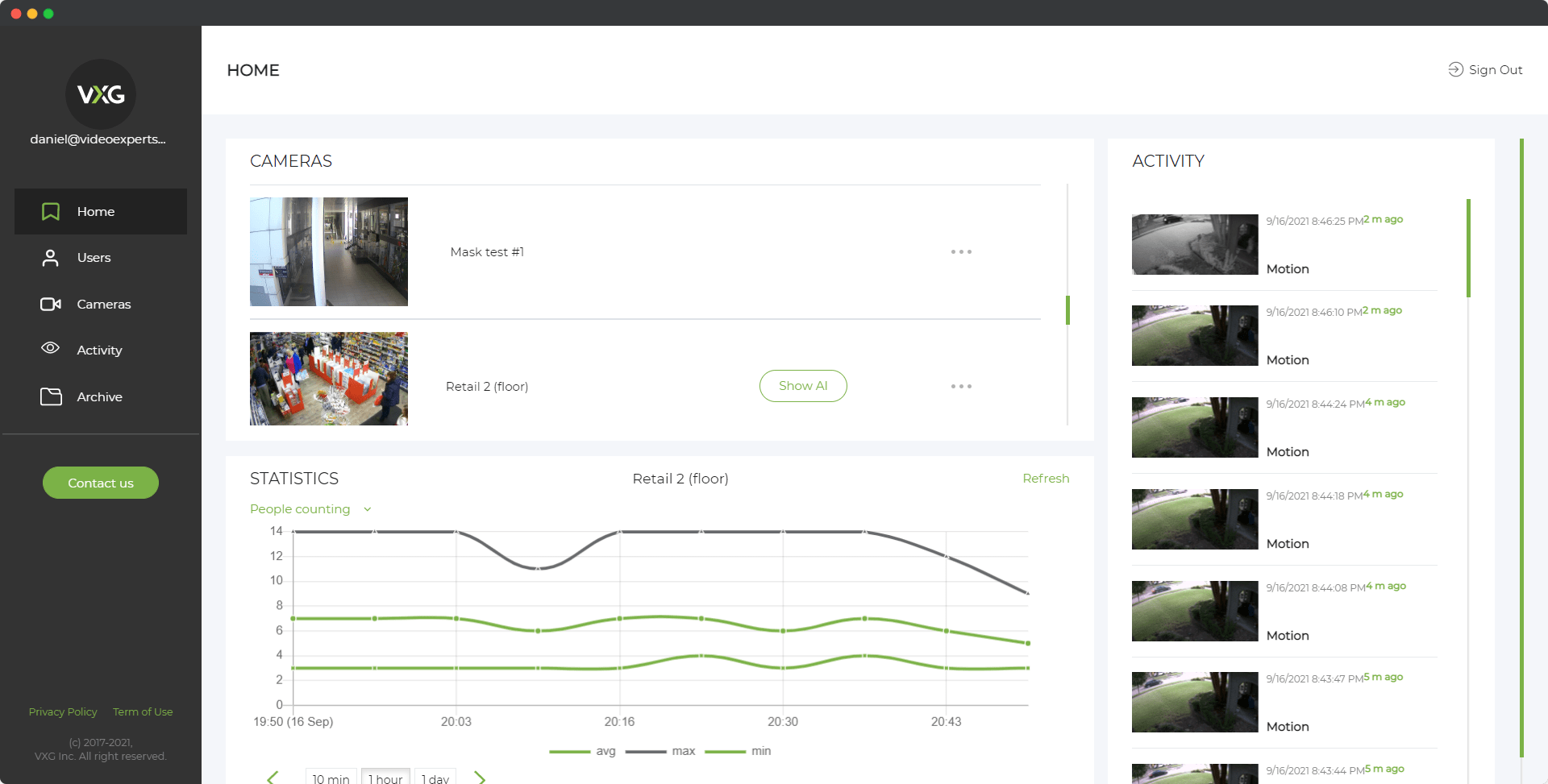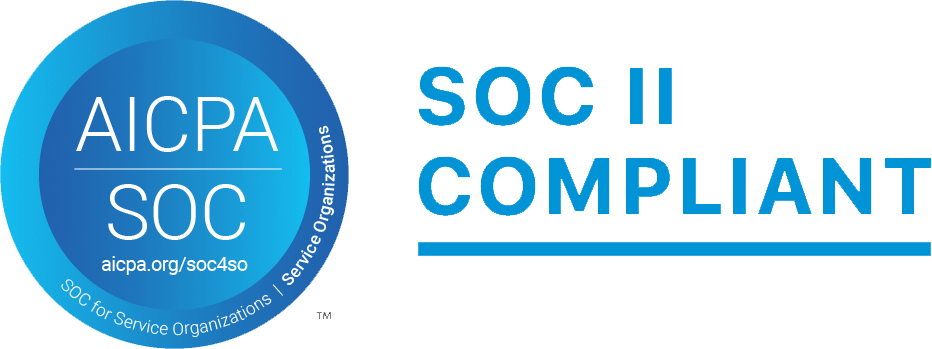Security cameras are a valuable tool for monitoring property and enhancing safety, but their use must align with Minnesota's privacy and surveillance laws. Homeowners, businesses, and public institutions need to understand where and how cameras can legally operate to avoid legal consequences.
Are Security Cameras Legal in Minnesota?
Yes, security cameras are legal in Minnesota, but their placement and use must comply with privacy laws. Minnesota allows video surveillance in public places and private properties, provided it does not violate reasonable expectations of privacy.
-
Video Recording: Generally legal in public and private spaces where privacy is not expected. Prohibited in locations such as bathrooms, bedrooms, and changing rooms.
-
Audio Recording: Minnesota is a "one-party consent" state, meaning at least one person in the conversation must consent to the recording.
Where Can You Legally Install Security Cameras in Minnesota?
Homeowners and Residential Properties
Minnesota homeowners can install security cameras to protect their property, but they must respect the privacy of neighbors and visitors.
-
Legal Locations: Driveways, porches, backyards, and external house walls.
-
Restricted Locations: Inside a neighbor’s home, shared apartment hallways, or any area where privacy is expected.
Businesses and Commercial Properties
Businesses use security cameras for theft prevention and employee monitoring, but they must comply with legal guidelines.
-
Allowed Areas: Entrances, parking lots, store interiors, and warehouses.
-
Prohibited Areas: Restrooms, employee break rooms, and locker rooms.
Public Spaces
Surveillance cameras in public areas such as parks, streets, and government buildings are typically allowed, provided they do not infringe on personal privacy rights.
Is It Legal to Record Audio with a Security Camera in Minnesota?
Yes, but only under the "one-party consent" rule (Minnesota Statute 626A.02). This means that at least one person involved in the conversation must consent to being recorded. Secretly recording a conversation without consent from at least one participant is illegal.
Do You Have to Notify People About Security Cameras?
Minnesota does not explicitly require signage for video surveillance on private property, but notifying people can help prevent legal disputes.
-
Best Practice: Posting signs that say "Security Cameras in Use" can help maintain transparency and deter crime.
-
For Rental Properties: Landlords must inform tenants about security cameras in shared spaces but cannot install cameras inside rented units.
Can Employers Monitor Employees with Security Cameras?
Yes, employers can monitor employees with security cameras in the workplace, but they must follow regulations to avoid violating privacy laws.
-
Legal Monitoring: Workspaces, retail floors, and customer service areas.
-
Prohibited Monitoring: Restrooms, locker rooms, and private offices without consent.
What Happens if You Violate Security Camera Laws?
Violating Minnesota's security camera laws can lead to serious legal consequences, including:
-
Fines and Civil Lawsuits: Individuals recorded without consent may sue for privacy invasion.
-
Criminal Charges: Secretly recording in private areas or violating audio recording laws may result in misdemeanor or felony charges.
-
Exclusion of Evidence: Illegally obtained recordings may not be admissible in court.
FAQs
By understanding these laws, you can use security cameras legally while respecting privacy rights in Minnesota.
















